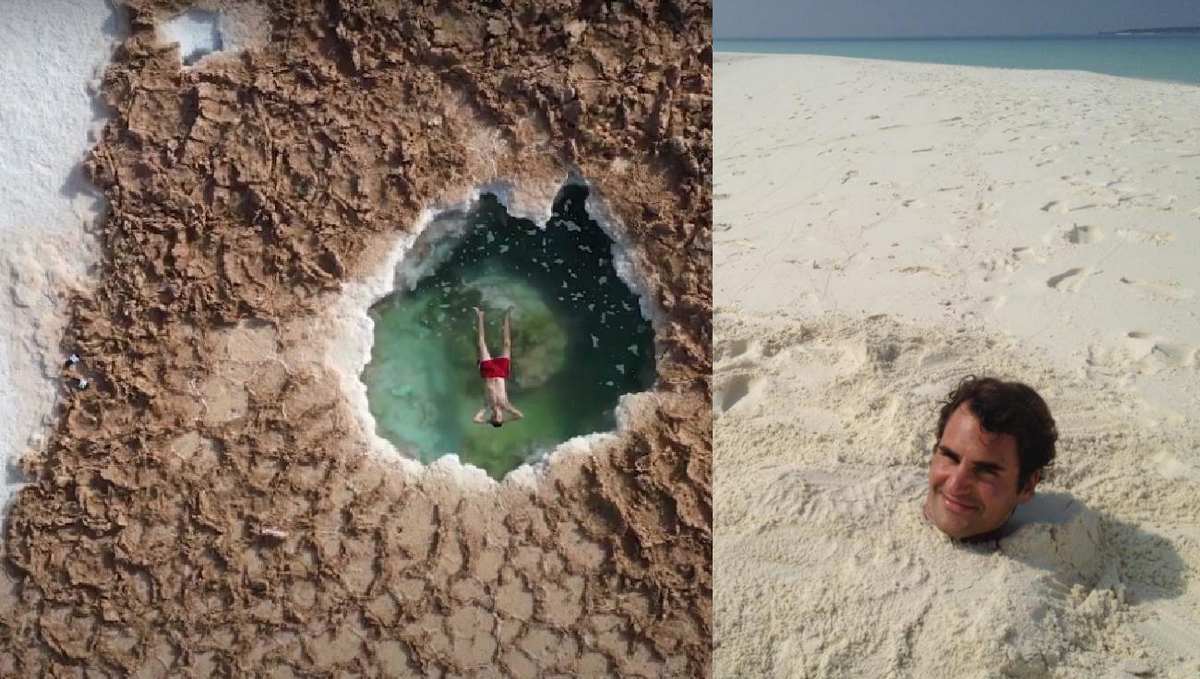Egypt’s main health department announced on Saturday the launch of the largest medical tourism program from its hospitals in Luxor.
The move comes short of two major events in the governorship in the coming days: the opening of Sphinx Alley and World Cities Day.
The head of the department, Ahmed al-Sobki, said that his government had signed the largest protocol of cooperation with one of the leading national medical tourism companies.
Thus, within the framework of the new system of comprehensive health insurance, its programs in various medical specialties will be introduced in government hospitals in the first five-star departments of medical hotels.
Sobki explained that tourists will be taken to hospitals for treatment in accordance with international standards under the auspices of the government-launched brand “We care about you in Egypt.”
According to him, for the first time this program of medical tourism will be implemented with regulatory mechanisms on the basis of approved medical institutions that provide medical services according to international standards.
According to him, the system will provide advanced medical and therapeutic services and operations, adding that many hotel rooms in hospitals are equipped with the latest equipment.
In addition, it aims to bring patients from Africa, Libya, Yemen and many friendly countries.
Sobki noted that the hospitals of the General Directorate of Health are the core of medical tourism, and noted that this project is the first step towards a place of power in global medical tourism.
As the big events attract more tourists to Luxor, Sobki assured that every effort is being made to prepare hospitals and medical services.
Sobki noted that medical tourism offices will be set up in large airports and ports to receive foreign delegations and provide them with the highest quality services.
He added that the authorities will also provide medical services in cooperation with leading foreign experts in their specialties.
A statement from the authorities said that new services, such as kidney, liver and bone marrow transplants, would be introduced, in addition to efforts to introduce river transport and air ambulance services for critical emergencies that need to be transported quickly.

